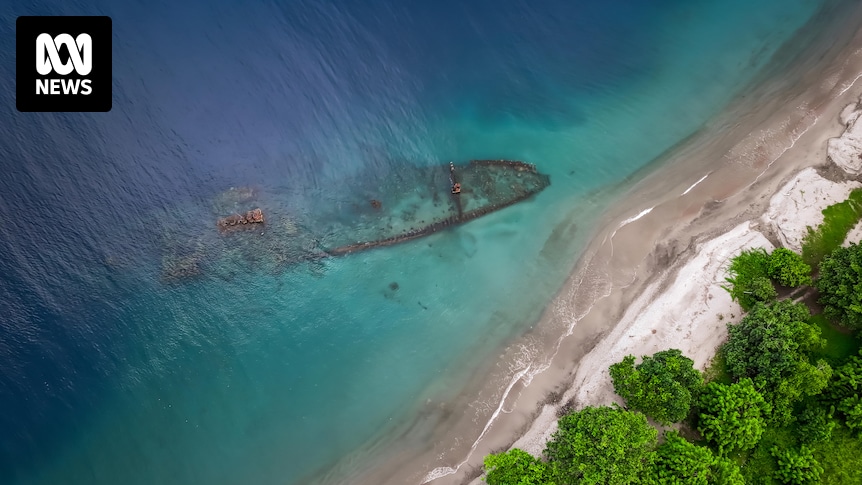Found this story today, ABC Australia.
Worth a read.

 www.abc.net.au
www.abc.net.au
Worth a read.
These rusting shipwrecks are a big drawcard for divers. They're also ticking time bombs
An untold amount of black, toxic oil is contained within the corroding wrecks of World War II ships scattered around the Pacific. And it's leaking into the ocean.



